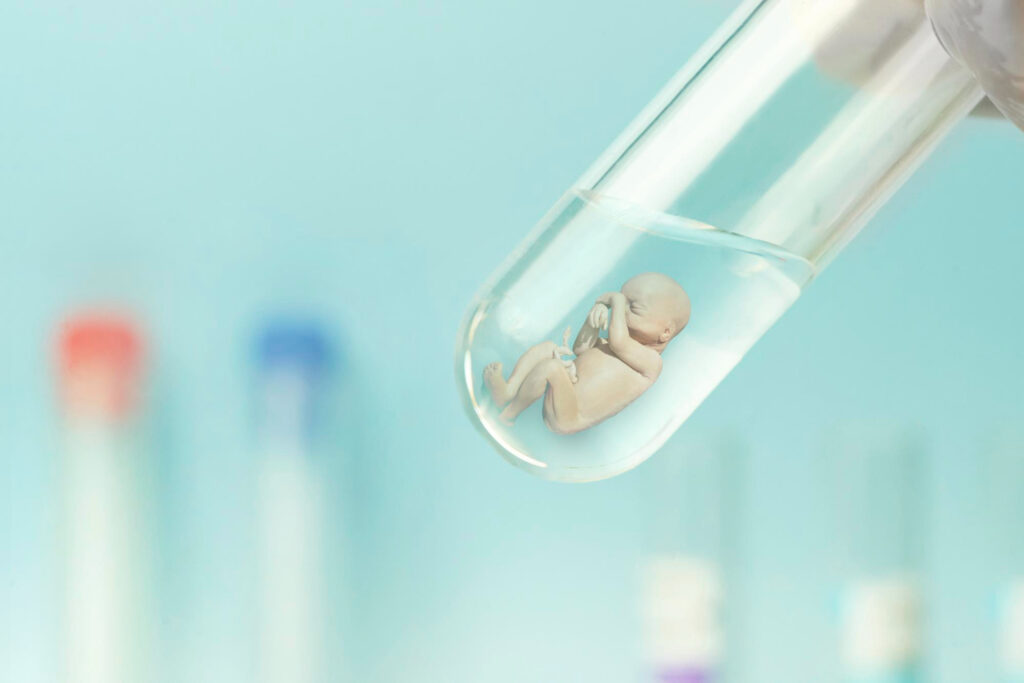7 things nobody will tell you about IVF
Embarking on a fertility treatment journey, like starting In Vitro Fertilization (IVF), can feel like walking down an endless road. It can be difficult to know what process to expect and what the outcome could be. This is because there are plenty of nuances that your doctor may fail to tell you. That’s regrettable because certain aspects of fertility workups and treatments can affect a couple’s experience. Maintaining an EMR helps you keep track of the main points so that additional information can be easily compared.
Here are seven realities your doctor may not tell you about IVF treatment but that you will want to know.
1. Assisted Reproductive Technology (ART) does not guarantee success
A woman’s chance of becoming pregnant through ART depends on many factors, including mastery of the doctor or clinic conducting the procedure, her infertility diagnosis, and her age.
On average, only 38% of ART cycles result in live births for women under age 35.
2. In Vitro Fertilization (IVF) can’t make up for low-quality eggs
While IVF can help women produce more eggs in one cycle in a bid to improve their fertility, it won’t improve their quality. High-quality eggs beget good-quality embryos that are more viable to grow inside the uterus successfully. So while a woman who has a small number of high-quality eggs may be able to become pregnant through IVF, a woman who has lots of low-quality eggs may not.
3. In Vitro Fertilization (IVF) can become painful
Fertility injections, given as part of IVF, can cause pain. The shots can hurt, depending on where they’re given, the needle size, and which medicines are given. Commonly, the injection site may become sore and tender over time.
4. Fertility Treatment Can Put You on an Emotional Roller Coaster
Undergoing IVF is extremely stressful. Patients who have suffered from depression or anxiety in the past may find they are dealing with those symptoms again. 37% of women experience emotional maladjustment during IVF treatment, and 10% have a delayed emotional reaction of anxiety or depression.
5. You might go on an emotional roller coaster with your partner
Your partner’s state of mind can be affected, too, especially if fertility treatments last for a long time. Psychological symptoms of maladjustment, including anxiety, depression, active-avoidance coping, catastrophizing, and difficulties in communication with their partner, grew enormously in men one year after the couple’s first fertility evaluation.
6. Fertility treatment can go on for longer than expected
While a woman’s menstrual cycle lasts an average of 28 days long, an IVF cycle can take a lot longer. Sometimes IVF involves pretreatments of birth control pills to regulate a woman’s cycle and ovulation. Once IVF officially begins, the process can last from four to six weeks until egg retrieval; after egg retrieval, embryos are usually transferred three to five days later.
7. A positive pregnancy test doesn’t always mean success
With a positive pregnancy test, there is always a risk of a biochemical pregnancy, a positive pregnancy test that falls pretty rapidly after being detected, or an early miscarriage. According to a study, the general miscarriage rate among couples who had ART was 12.5% and the risk for miscarriage increased with older maternal age.
If you are planning to get IVF done abroad, you can eliminate 80% of the stress that comes with finding the right facility, logistics and even travel arrangements home or abroad. Contact us to learn more.

